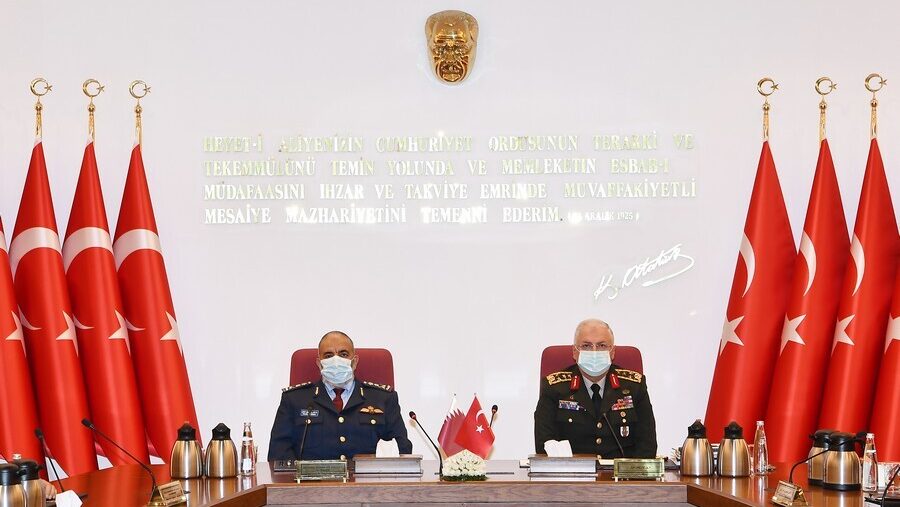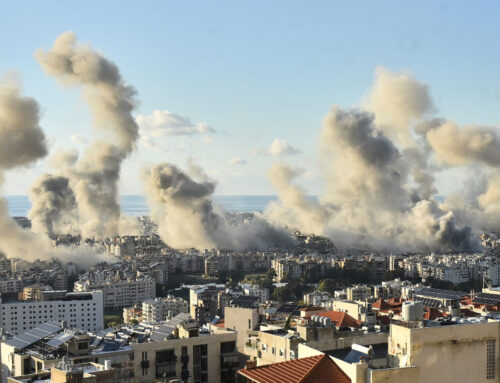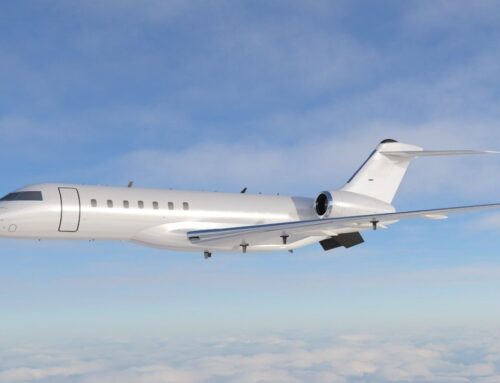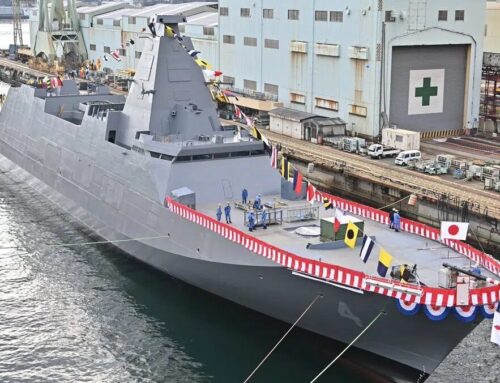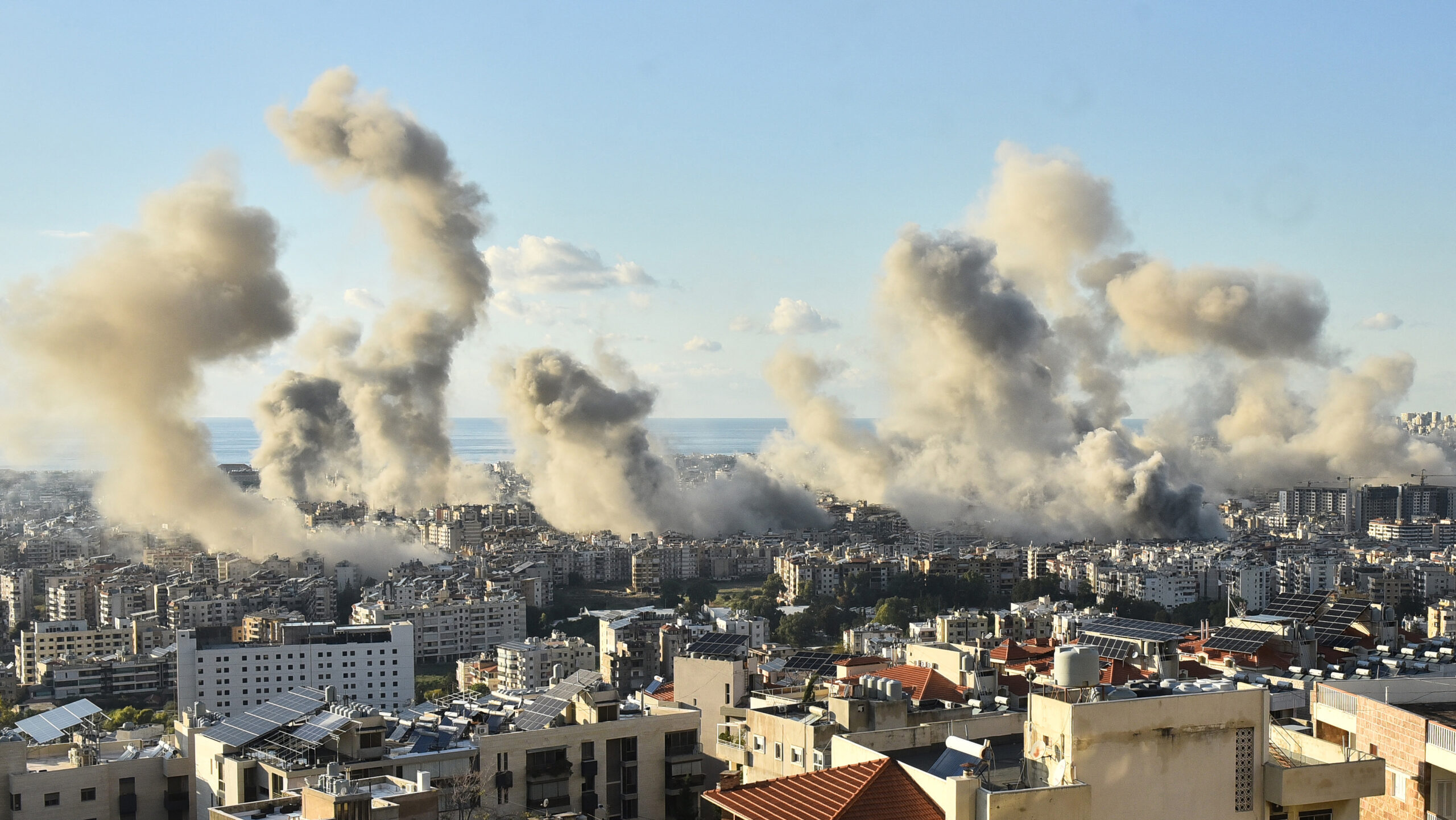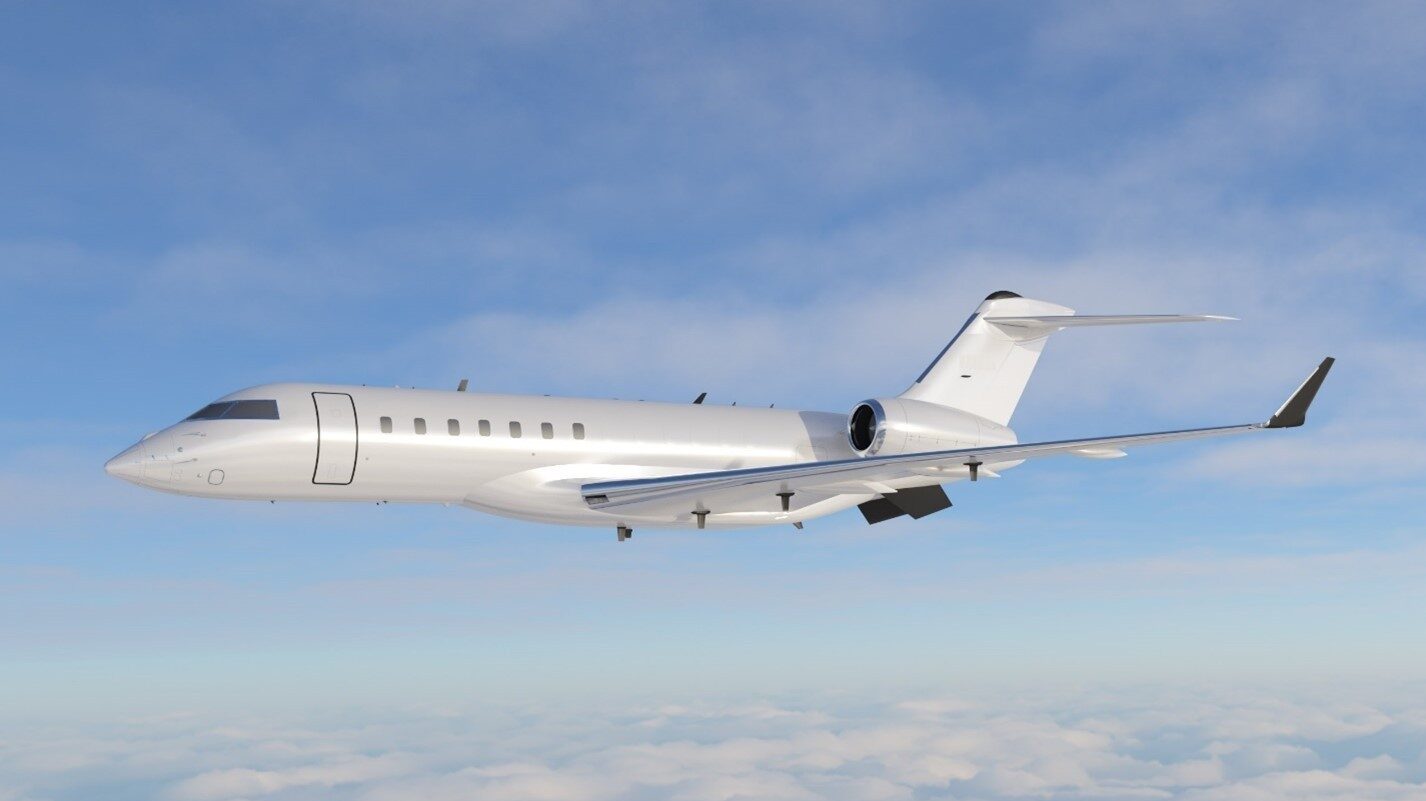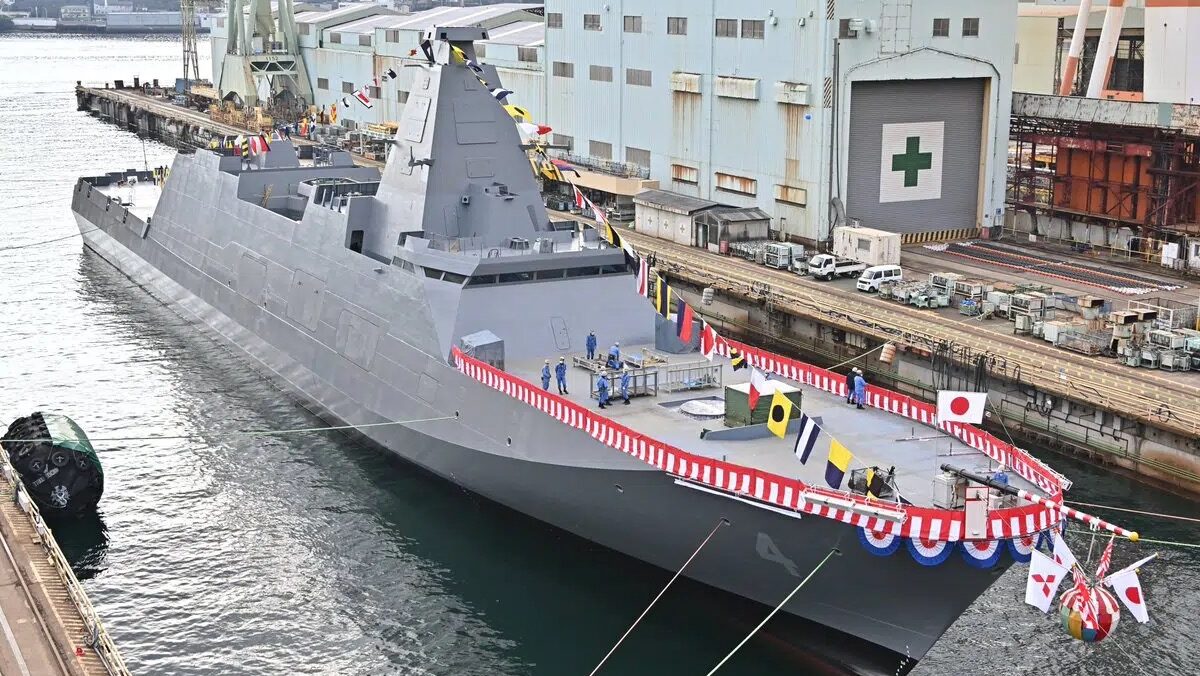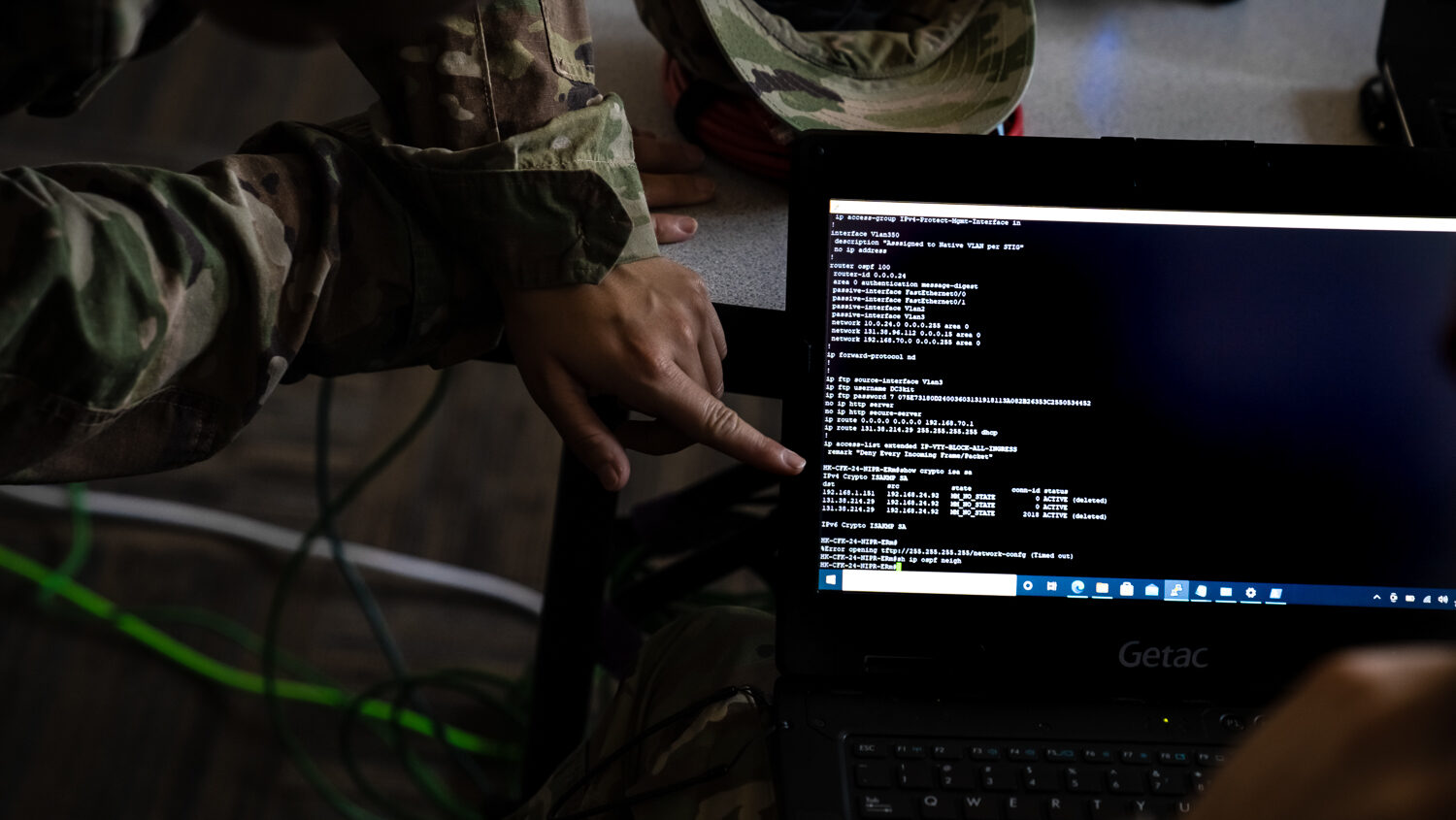Turkey’s Chief of General Staff Gen., Yasar Guler (R) meets Qatar’s Chief of General Staff, Air Marshal Ghanem bin Shaheen Al-Ghanem (L) in Ankara, Turkey on October 13, 2020. (Photo by General Staff of Turkish Armed Forces / Handout/Anadolu Agency via Getty Images)
BEIRUT — Five years after Turkey inaugurated a military base in Qatar, the two nations have established a joint air force squadron, according to an announcement by Qatar’s Ministry of Defence.
Commander of the Turkish Air Force Gen. Ziya Cemal Kadıoglu visited the Qatari-Turkish Joint Squadron Tuesday at Qatari Dukhan Air Base to see “the work and training progress” and “the latest preparations and facilities,” according to the post on X.
The statement marks the first official mention of a joint squadron shared between the two countries. While the exact number and type of aircraft, and missions entrusted to the squadron were not publicized, a photo accompanying the post showed Turkish F-16s as well as Qatari Rafales and Eurofighter Typhoons.
قائد القوات الجوية التركية يزور السرب المشترك القطري التركي pic.twitter.com/PQirEyR8o9
— وزارة الدفاع – دولة قطر (@MOD_Qatar) August 27, 2024
Experts told Breaking Defense that the newly established squadron is expected to boost interoperability, training and cooperation against shared threats, such as terrorism and piracy.
Ali Bakir, professor at Qatar University and non-resident senior fellow at the Atlantic Council’s Scowcroft Middle East Security Initiative, told Breaking Defense that even if the joint squadron is small, “I believe it is significant for strengthening collaboration, cooperation, and coordination between the joint forces within the command established in Doha.”
Bakir stressed that this fleet will enhance the security of Doha and assert Turkey’s military presence in the Gulf amid potential destabilization efforts in the region, sending a message to “those who seek to undermine security.”
Turkish aerospace and defense expert Cem Dogut told Breaking Defense said that from Qatar’s perspective, “while they have modern aircraft, they have little experience with these aircraft. The Turkish Air Force is one of the strongest air forces in the region with its training and experience. It is the leader in the region in terms of combat experience. It is very important for them to transfer this experience to Qatar.”
He added that pilots and groundcrews from both nations will likely “mainly conduct training flights,” but they “will also conduct air patrols in the region together,” he said. “While the Turkish side will transfer the information they will need in real combat conditions such as mission planning and CONOPS to the Qataris, they will benefit from the Qataris to develop tactics against modern aircraft.”
Turkey and Qatar “share mutual interests in ensuring stability in the Middle East. Joint Squadron boosts both nations’ ability to tackle shared security challenges, contributing to regional stability and protecting the prosperity and security of both nations,” Dogut said.
One added bonus for Turkey, Dogut said, is that Ankara will get a closer look at the Eurofighter, which it is in talks to acquire itself, and at the Rafale, which is flown by historic rival Greece.
“Previously, Qatari Rafales came to Turkey and joint exercises were held, but now, instead of short-term training, longer training will be held and much more personnel will be informed about the aircraft,” Dogut said.


